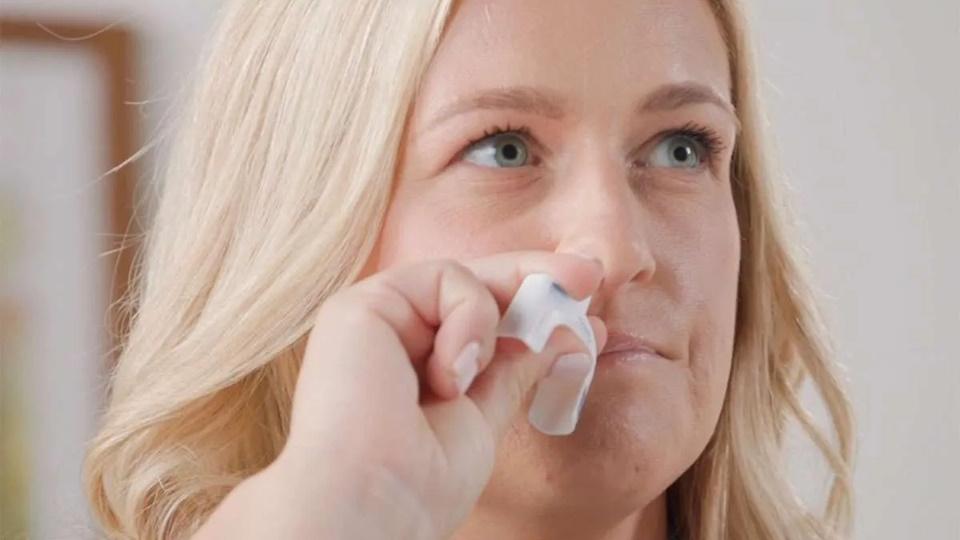First intranasal Epipen alternative backed in EU

An alternative to epinephrine autoinjectors that can be delivered by a nasal spray is close to approval in Europe after being recommended for approval by the EMA’s human medicines committee.
The new product, ARS Pharma’s EURneffy, is poised to become the first intranasal formulation of epinephrine to reach the market in the EU for emergency treatment of a life-threatening allergic reaction (anaphylaxis).
The CHMP’s verdict is a big win for Ars Pharma, which had its marketing application for the product under the neffy brand turned down by the FDA last year with a request for another efficacy study assessing repeat doses of the drug – a verdict that went against the advice of its own expert advisors.
Specifically, the US regulator requested a study of two doses of epinephrine given via nasal spray in people with nasal congestion from allergic rhinitis, compared against similar patients receiving two epinephrine doses given by syringe, to make sure that the properties of neffy were comparable.
The company said it had been blindsided by the decision, particularly as it said it had reached an agreement with the agency on physician labelling and post-market requirements, including a repeat-dose study. It has since refiled neffy with the FDA and is waiting for a decision by 2nd October.
It would not be feasible or ethical to compare EURneffy directly with injectable epinephrine in a randomised controlled trial, so ARS Pharma focused its comparison on pharmacodynamic measures, like blood pressure and heart rate, and pharmacokinetics such as how the medicine is absorbed, modified, and removed from the body.
The CHMP has been convinced by ARS Pharma’s data, acknowledging that the data “demonstrate[s] that the effects in the body of nasally-administered adrenaline are comparable to products given by an intramuscular injection.”
While epinephrine autoinjectors like Viatris’ Epipen and generics have been shown to be highly effective when properly used, some patients and caregivers delay or don’t administer treatment in an emergency due to fear of the needle, lack of portability, or fear of people without medical training giving an injection, according to the regulator.
Analysts at William Blair have previously suggested that the intranasal product could generate peak sales of around $750 million in the US alone, although, that prediction was made before the FDA rejection. It would be ARS Pharma’s first commercial product.
They have also said there could be an upside to that if neffy is also approved for other indications, and ARS Pharma is planning an outpatient study of the drug in people with hives (urticaria) this year.
Figures from the European Academy of Allergy and Clinical Immunology (EAACI) suggest that allergy is the most widespread chronic disorder in Europe, with 150 million Europeans affected in 2015. Around one in five people living with a severe allergic condition live in fear every day of an anaphylactic shock or of dying from an allergic reaction, said the EMA.












